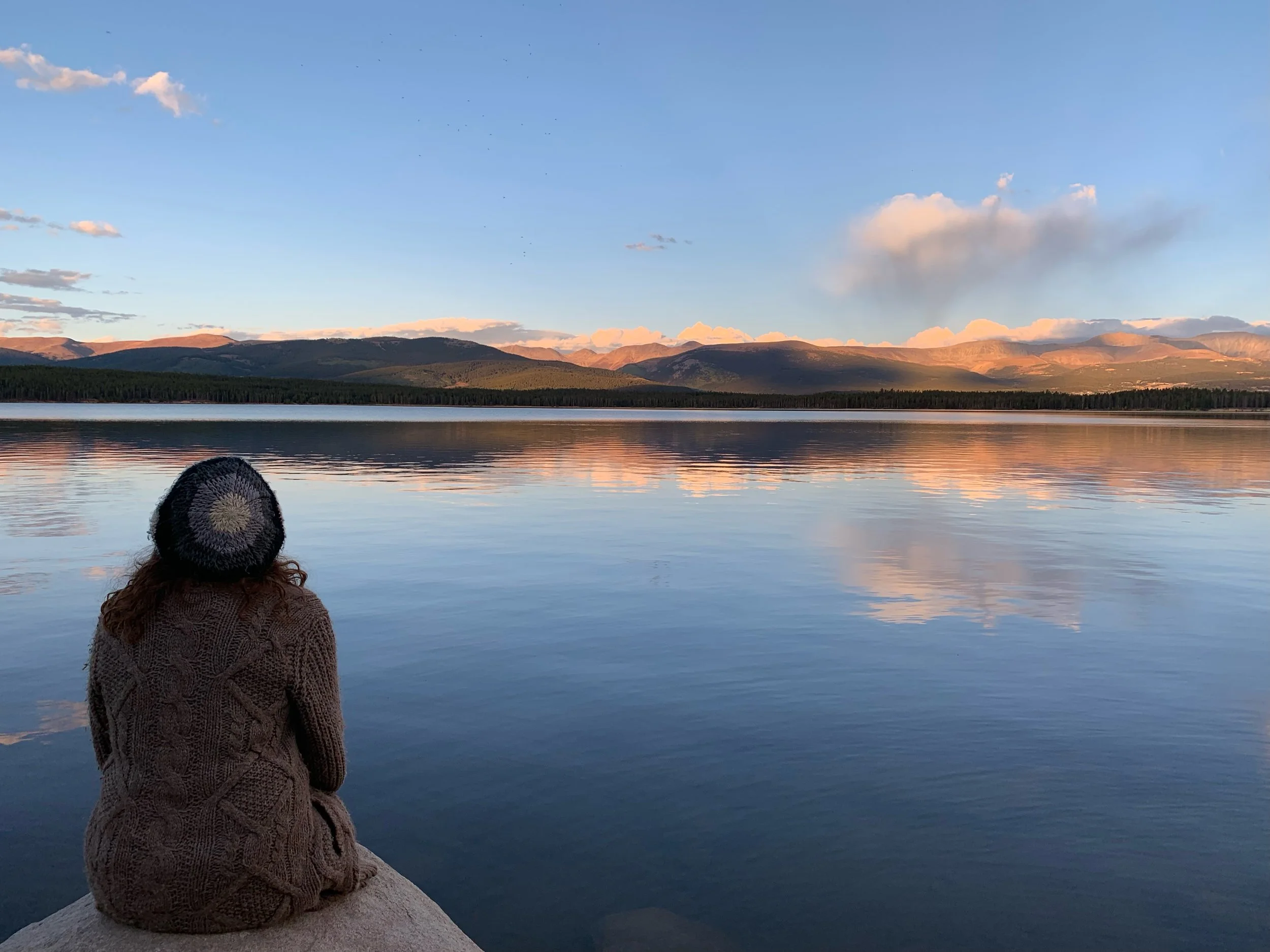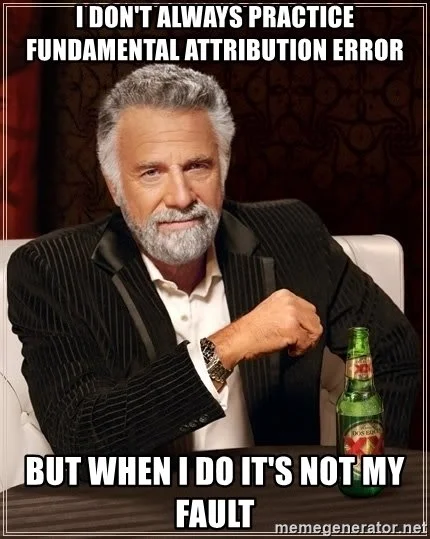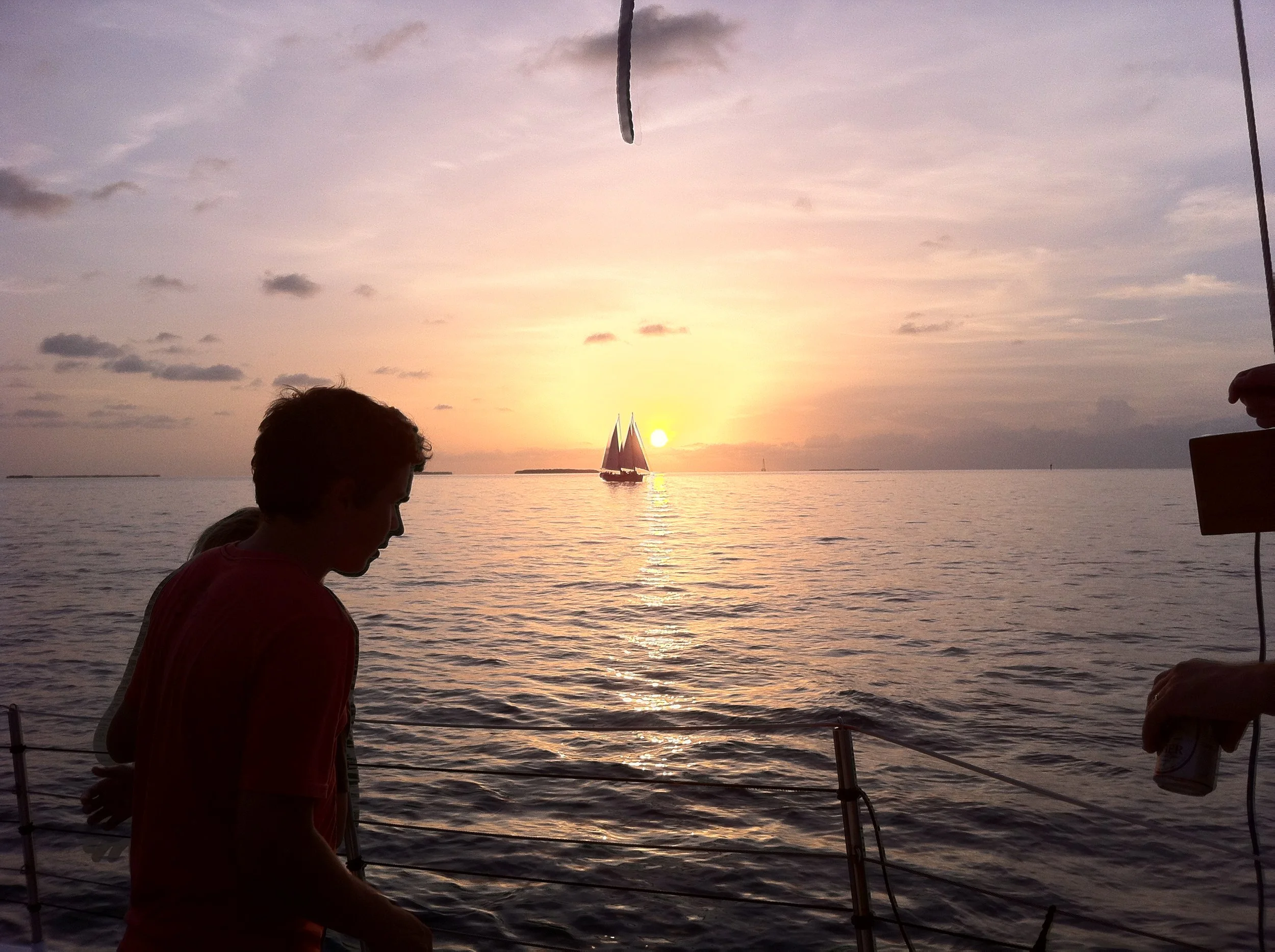Stacie and Jeff discuss why they dedicated so much time to yet another rendition of the Tao Te Ching. They explain how their experiences deconstructing the dogmas of their church background, travel in overland vehicles, yoga instruction, philosophy and religion classes, political thought research, and confrontation of death affected their work. They explain why they avoided the definite article and gendered pronouns for “sage,” and other technical decisions they made in their work.
Read More"The cosmos is unbiased, treating living things like straw dogs. A sage is unbiased, treating people like straw dogs." Stacie, Sydnie, and Jeff reflect on a tough passage from the Tao Te Ching: Chapter 5, in light of the text itself and the family's experiences this difficult year of grief. Note that they were a bit tipsy with this impromptu episode, so consider it a holiday week bonus and forgive the frequent tangents.
Read MoreEven though they’ve been enjoying playing within New Age spaces, Jeff, Stacie and Sydnie reflect on ways in which New Age spirituality can go wrong in contemporary, capitalist society. In particular, they reflect on the phenomenon of “spiritual bypassing” as it relates to conversations surrounding grief. Topics include pseudoscience, cultural appropriation, equity within yoga, and spiritual narcissism. TWO PARTS
Read MoreThis chapter helps us understand difference between modern liberalism and the naturalness of Taoist anarchism. The Tao Te Ching expresses care for all beings, but it doesn’t express such care by advocating for a highly controlled society. States, even socialist states, cause everyday people harm when they become restrictive. We’ve seen this to some extent in China, but especially in Cuba. To be sure, part of the problem for anti-capitalist revolutions is the fact that the global economy has its tentacles wrapped around just about everything. Nonetheless, rules alone can’t change things. For another world to be possible, society needs to think less about finding ways to get people to appreciate naturalness, rather than force.
Read MoreWe discuss the Drake equation, which helps us calculate the chances that there is intelligent extraterrestrial life in our galaxy, with whom we might communicate. We then reflect on the philosophical and religious implications of several of the variables. How likely is life to exist at all? How dangerous are human beings to other life? How long can a civilization last? And what do Hindus, Christians, Buddhists, and naturalistic scientists say about the end of the universe in general? This is sometimes a heavy show, maybe a bit scary, but it's that time of year.
Read MoreThe wise aren’t preachy. The preachy aren’t wise. Sit in silence. Practice temperance. Smooth jagged edges. Release entanglements. Soften your gaze. Embrace oneness with the earth. This is called mystical union.
Read MoreStay tuned for the always fascinating takes from Rick Mallinson, Jeff's pop. He shares some interesting connections that happened recently, illustrating Carl Gustav Jung's concept of synchronicity. Stacie and Syd return and chat about dreams, nature hikes, and Rick's encounter with a guru in 1970. Come virtually join in on the casual conversation.
Read MoreWhat if you and and your friends saw some unused wasteland, and in the spirit of mystical love, you farmed it and shared the food with those in need? What might happen? A handful of folks tried this in 1649, under the inspiration of radical mystic Gerrard Winstanley (1609-76). This show discusses what happened and what we can learn today about society, private property, and empowerment of the poor. We also discuss the San Francisco Diggers and guerrilla gardening.
Read MoreOur go-to psychology prof Dr. Betsi Little helps us unpack the ways in which attribution theory can help us understand why people tend to defend creepers in religious circles. It also leads to a discussion of the ways in which we can survive and heal the social sicknesses of our time. A key takeaway: it just takes one person to subvert conformity.
Read MoreHe who’s full of Te is like a baby. Scorpions don’t sting him. Ferocious beasts don’t eat him. Eagles don’t carry him off. His bones are supple. His muscles are soft. But his grip is tight. He doesn’t know what sex is yet, but he gets erections. That’s how much vitality is in him. He can wail all day without losing his voice. He knows the heights of harmony. Knowing harmony is called high fidelity. Knowing fidelity is called clarity.
Fretting about longevity is unfortunate. It taxes the mind and heart, needlessly wasting vital energy. When folks think that it’s important to be rigid in order to be a responsible adult, they go against the Tao.
Read MoreWhat happens when you reject the state’s official paperwork and driver’s licenses? When did you begin, and why does that matter politically and spiritually? Who owns you and your biological material? We explore these questions with our old pal Jon David Johnson, with whom Jeff played music back in the day as The Bloodhound Shuffle. He has a unique interpretation of the Bible and political history that you may not agree with, but we found interesting and helpful as a sort of thought experiment, through which we can reframe our origins as biological beings and the relationship between our understanding of that question and the question of who owns us.
Read MoreWe explore various stories in the news and our lives, including journals found in our recovered stolen truck camper from a person who wanted to take it to Slab City in California.
Content Warning: sexual assault, hard drug use, violence, explicit language
Read MoreIn light of the recent death of our beautiful 23 year old son Auggie, someone who embodied the Tao in many ways and taught us about how to apply it through ordinary life, we’ve done a lot of thinking as a family about family itself, the way to live virtuously, and the nature of any mortal’s legacy.
Read MoreAfter sharing some great musical experiences we had in Portland, we discuss the ways in which cultural and political values affect our relationships with food. We raise some issues about body image and food from our childhoods, but we do so with the desire to understand ourselves and our cultural conditioning. We send our sincere love to family and friends involved in these stories. The weird opening music we recorded standing on the sidewalk on Mississippi St, Portland, in front of the great South x Northwest vegan comfort food place.
Read MoreOur new season theme is full spectrum emancipation and the interrelation between financial, spiritual, and emotional freedom. We start with the question of how where we live affects our happiness and freedom. We discuss where and why people are moving to new states in the US, the concept of cultural hegemony, the problems of our economic system, and the theft of our truck camper St. George.
Read MoreIn the aftermath of our son Auggie’s death, we took a few months off from the pod. We are back with a season finale to share with you where we’ve been and how we’ve been doing. We are joined by Auggie’s fiancé Sydnie who is living with us now in Portland. We share news about big life changes and how we’ve been working toward spiritual, emotional and financial emancipation. This is a show in which we process our grief along with you. Part way through we sing a song (The Czars “Paint the Moon”) that we sang when we had a private viewing of Auggie’s body. Maybe off key at times, but from the heart.
Read MoreThis show is a collection of recordings with Jeff and Stacie’s son Auggie, who died recently. It includes free form speculation about spirituality, the mythologies behind popular culture artifacts, and what Auggie thought the point of life was. As you’ll see, there’s a consistency from start to finish. At the end, you can hear a song written by Jeff and Auggie, and performed by the whole family many years ago. It too captures our family’s perspective on life.
Read MoreInstead of becoming overwhelmed with the sicknesses that infect the world and its structures, Lao Tzu urges us to start with ourselves and our immediate communities, and allow this to spread throughout the world naturally.
Read MoreThe thing that often makes about caring for natural resources and humans who are in poverty low priorities for many affluent people is that they think these matters are purely about what we call “charity” these days. In older times, charity was a way to refer to what the Gospels use to refer to unconditional love: agape. But today, charity is what the rich offer the poor, without actually addressing the unnatural and unequal systems that keep them poor. Charity is the ten cents we add to a 5 dollar cup of coffee to assuage our guilt that the coffee beans were grown by people who have a hard time feeding their families and served by a twenty-something who isn’t getting health insurance. Charity is a mere bandage for unhealthy systems.
Read MoreWhat does the controversy about vaccination teach us about civilization, religion and politics, and the effectiveness of legalism as a way to order society? We share our own decisions about vaccination, share briefly our advice to others who want to be healthy and ethical, but ultimately focus on whether one can be a part of the system without obeying the mandates of the system. What about civilization leads to pandemics in the first place? Is there another way of conceiving society that might bypass the current jam we’re in as humans globally?
Read More




















